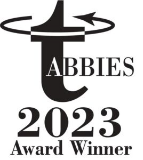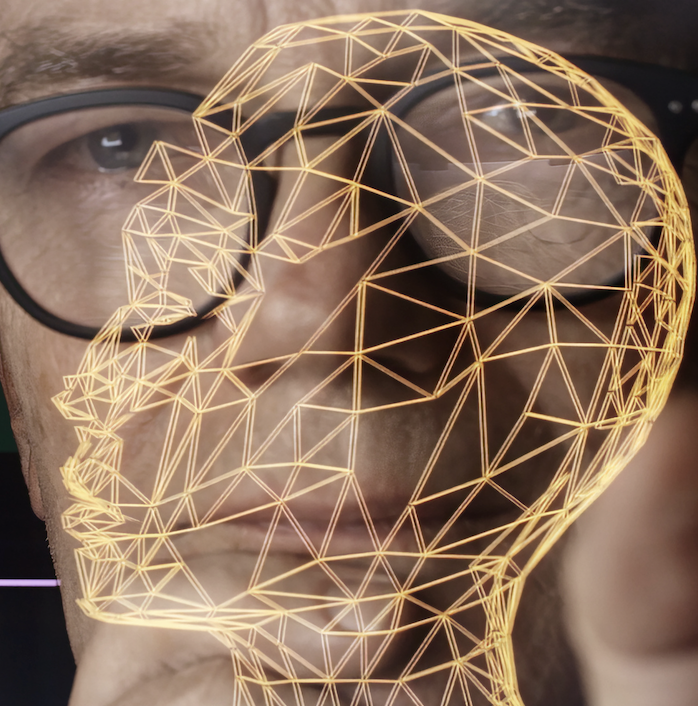4 Great Books on AI to Read (or Last-Minute Gift) for the Holidays
Here are four standout reads on AI that should be on your gift-giving list this holiday season – if not your nightstand.
Artificial intelligence is reshaping industries, making it a headline-grabbing topic every executive needs to understand better, and the holidays are the perfect time to bone up on the subject by cracking open (or scrolling through) a good book on AI. Or four.
Whether you’re an enterprise leader looking to incorporate AI into your business plans, an executive looking to impress your colleagues, or anyone with an eye to the future of how AI will impact their workplace and career, these books – a nonfiction bestseller, a memoir, a DIY download, and a novel – are essential tech reading.
Any one of these also makes a perfect last-minute holiday gift for that tech enthusiast in your life.
We read a lot about AI here at Focal Point and, to be perfectly frank, we too are often struggling to figure out what’s hype and what’s really worth a deep dive. Over the last year, these titles caught our eye. So light a fire in the hearth, pour yourself a hot chocolate (or something heartier), and start reading. (Or last-minute gift-wrapping.) Either way, we’ve got you covered.
For the entrepreneur looking to advance with AI
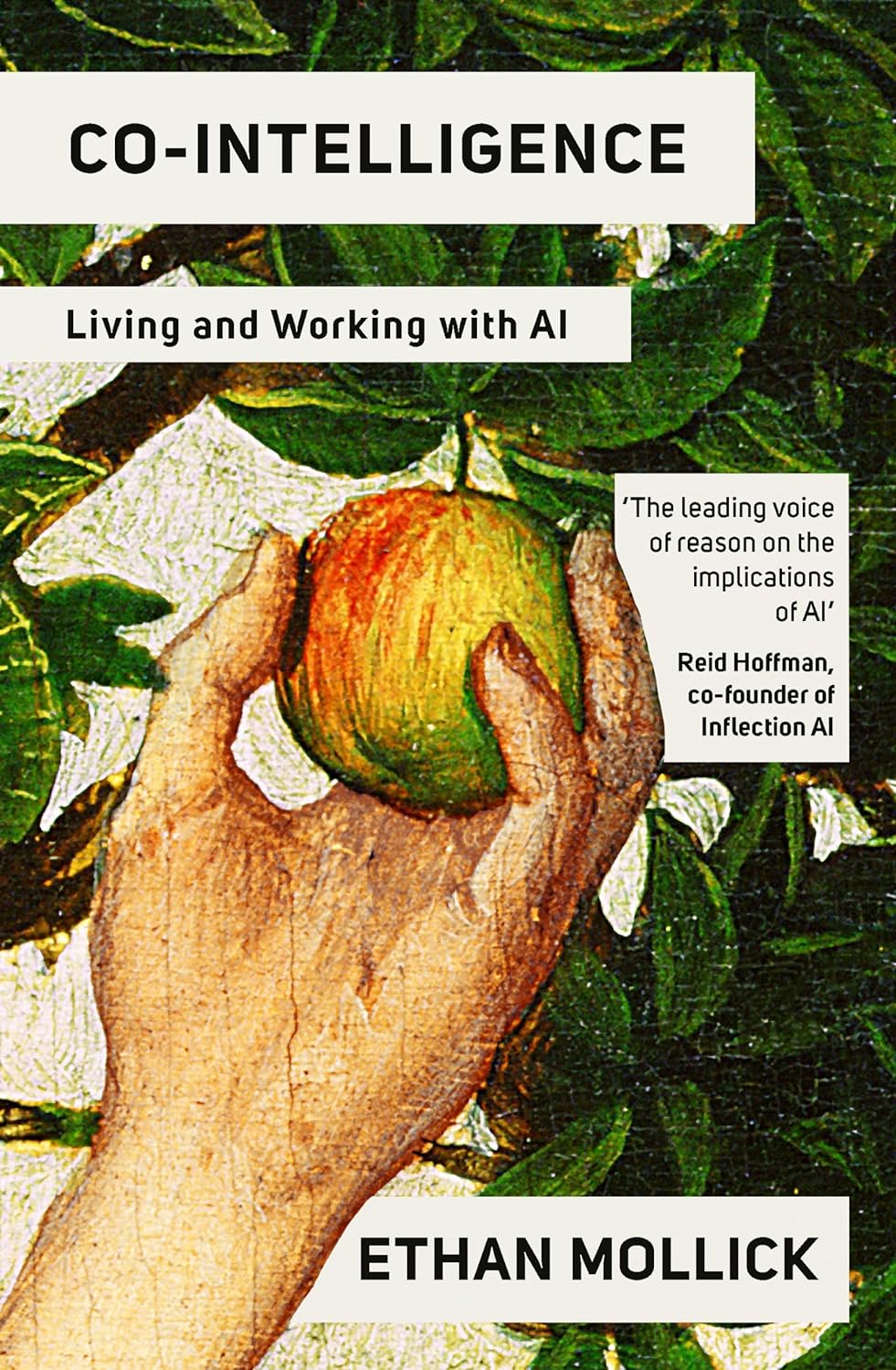 CO-INTELLIGENCE: Living and Working with AI,
CO-INTELLIGENCE: Living and Working with AI,
by Ethan Mollick
(Portfolio, $30)
Mollick’s day-job as a professor at the Wharton School, with a focus on innovation and entrepreneurship, puts him in a good position to outline the practical realities of AI and the possible outcomes (both profitable and possibly disastrous) for enterprises that utilize it.
Citing case studies and theory, Mollick offers a host of predictions for organizations that adopt AI, and doesn’t sugar-coat its flaws (like the pernicious way it continues to “hallucinate” – that is, make up stuff). Discussing GPT-4 playing Tic-Tac-Toe, and watching it lose, Mollick writes, “Where AI works best, and where it fails, can be hard to know in advance. Demonstrations of the abilities of LLMs [large language models] can seem more impressive than they actually are because they are so good at producing answers that sound correct, at providing the illusion of understanding.”
Where AI works best, and where it fails, can be hard to know in advance.
While many predict AI will come first for blue-collar workers and leave corporate types alone (at least in the short term), Mollick sees AI possibly favoring junior staffers, who can quickly acquire an elder colleague’s skillset thanks to AI and employ that newfound “experience” at a smaller salary. It’s a powerful read, no matter where you sit in an org, and blissfully free of technobabble.
[Listen also: From TikTok to AI regs – how U.S. cyber policy can guide enterprises]
For a woman’s perspective on a tech world
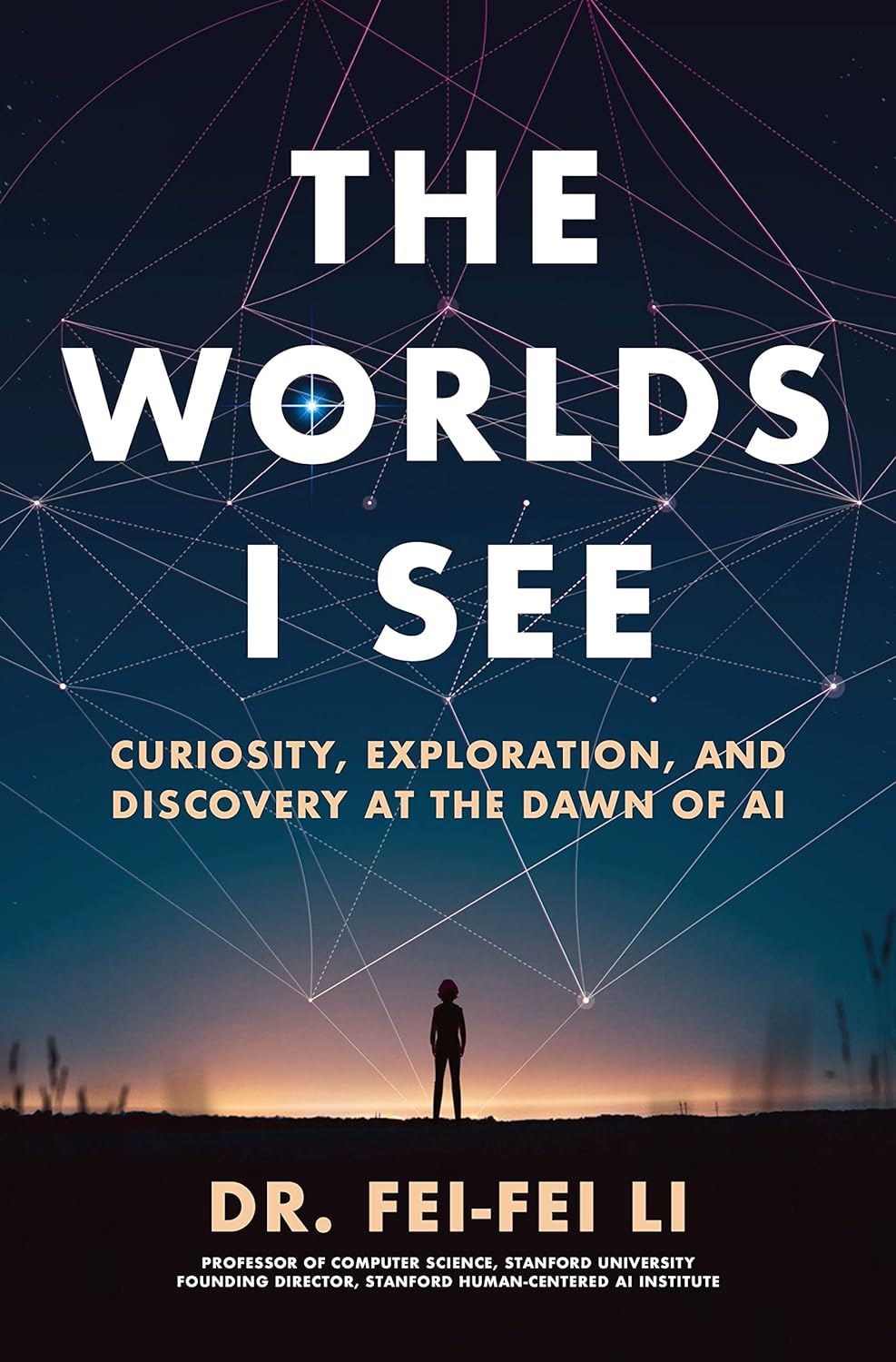 THE WORLDS I SEE: Curiosity, Exploration, and Discovery at the Dawn of AI,
THE WORLDS I SEE: Curiosity, Exploration, and Discovery at the Dawn of AI,
by Dr. Fei-Fei Li
(Moment of Lift Books, $29.99)
This memoir, published a year ago and just out in paperback, would be compelling enough for its fly-on-the-wall POV of the early years in AI development, but add to that the author’s unique perspective as a woman (and immigrant) in a tech-bro world and you’ve got all the more of a page-turner.
A professor at Stanford University and founding director of the Stanford Institute for Human-Centered AI, Li covers a lot of image-rich ground, from her early days growing up in poverty in the U.S. to her walking the halls of and testifying before Congress in a desperate attempt to get lawmakers to understand the real dangers (and ethical implications) of this seismic new technology.
Even I couldn’t resist borrowing Silicon Valley’s favorite term, as I realized that this new era of AI was more than simply a phenomenon: it was, as they say, a ‘disruption.’
“Even I couldn’t resist borrowing Silicon Valley’s favorite term, as I realized that this new era of AI was more than simply a phenomenon: it was, as they say, a ‘disruption.’”
[Read also: Preventing AI bias starts at the top – just ask these female chief AI officers]
For the tech junkie who’s always on their phone
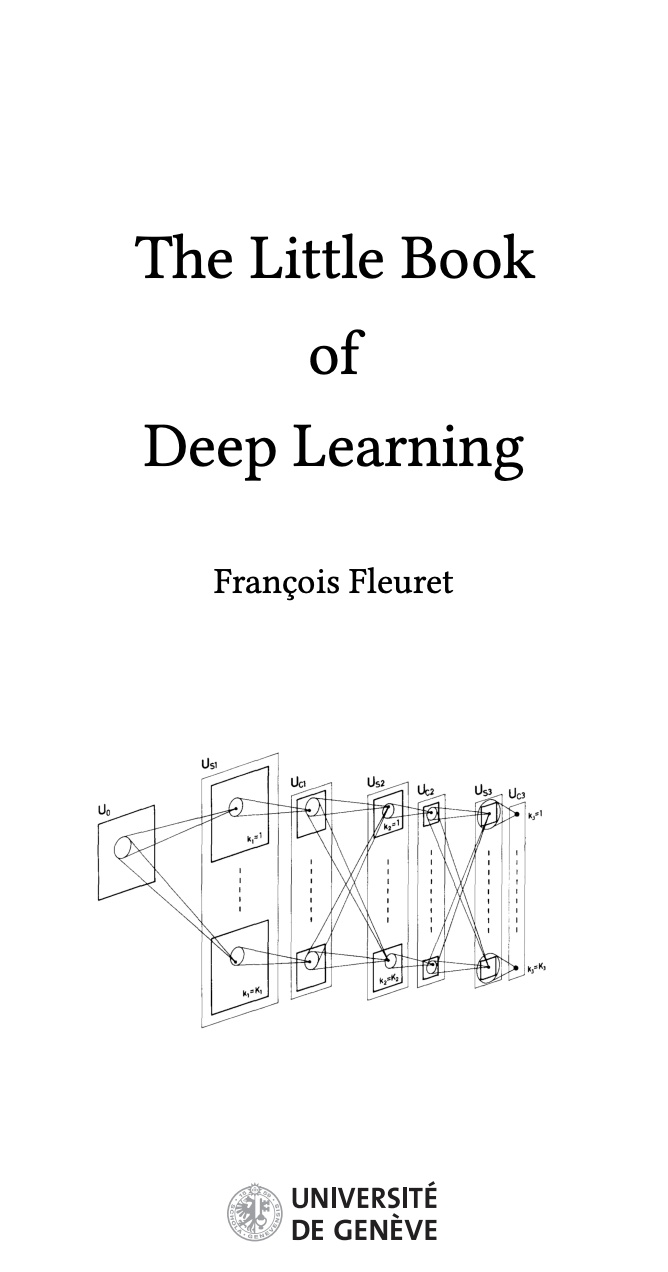 THE LITTLE BOOK OF LEARNING,
THE LITTLE BOOK OF LEARNING,
by François Fleuret
(Université de Genève, $0 to $9
Consider this your primer on the fundamentals of AI models, made all the must-read-ier because of its packaging – it’s designed to be enjoyed on a phone screen and gets regular updates just like software. (Originally published in 2023, it was downloaded more than 600,000 times in a little over a year; the current version was updated in May.)
Fleuret, a professor and head of the machine learning group at the University of Geneva, breaks down just how models learn from vast amounts of training data. It gets into some nitty-gritty (computation and concepts like “losses” and “gradient descent”) but is a fairly clear and easy read nonetheless. (A STEM background helps with some of the text.) Buyer beware: It’s available for free in a phone format PDF or printable A5 booklet, or as a paperback (for just $9) – do NOT get suckered into buying that $40 unauthorized version on Amazon and other platforms.
As Fleuret writes on his website, “someone stole the content and sells it. Preventing this would require to sue and I have better things to do with my time.”
For anyone who likes a good scare
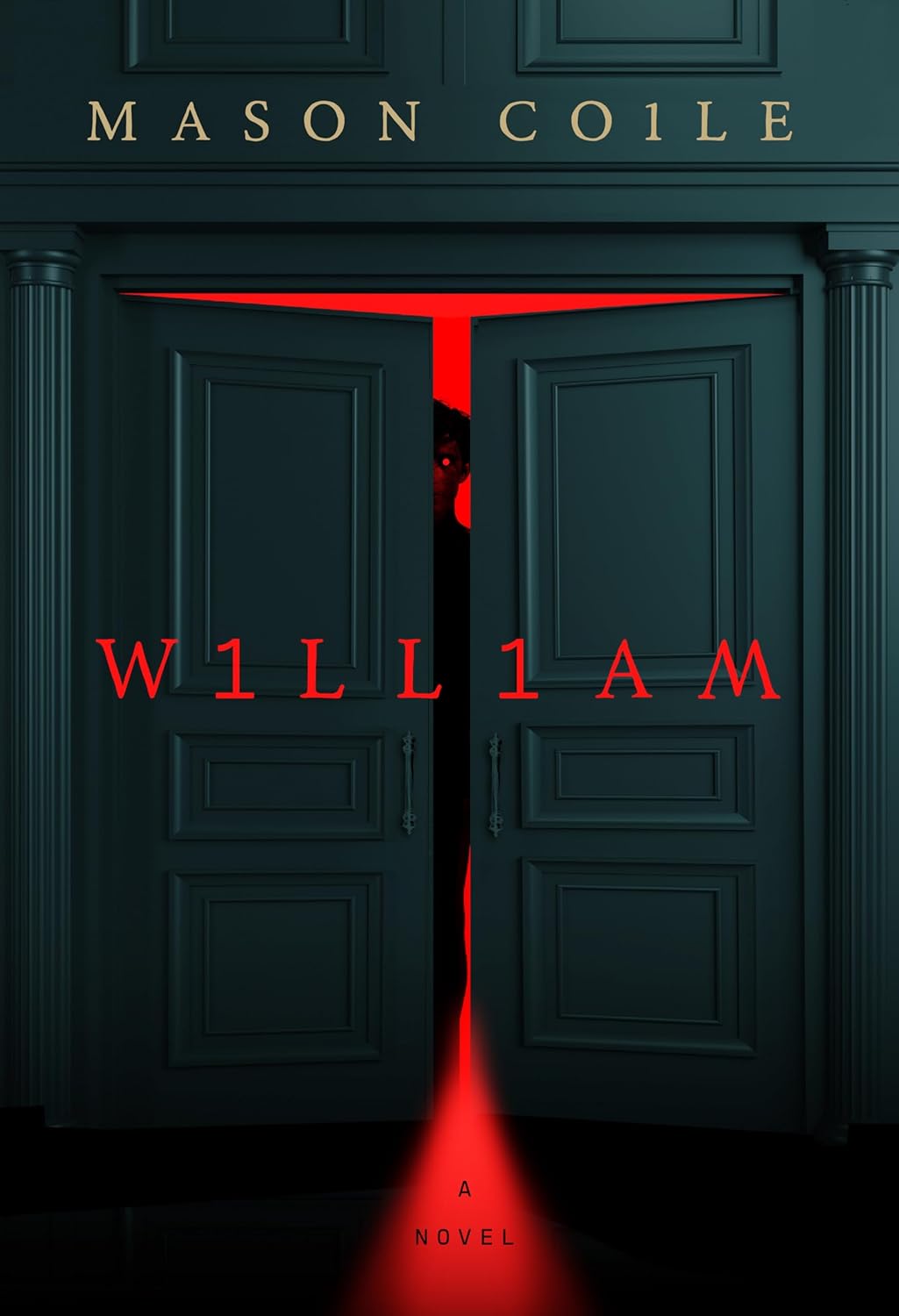 WILLIAM, by Mason Coile
WILLIAM, by Mason Coile
(G.P. Putnam’s Sons, $27)
New this fall, Coile’s neo-cyber-noir novel is a delicious reboot of the haunted house genre with a 21st century twist, asking this: What goes bump in the night when the haunted house in question is a haunted smart-house?
This creepy tale follows the travails of an agoraphobic engineer who has created an AI consciousness and suited him up in a half-formed robot named William. As robots tend to do in tales like these, William starts sounding increasingly sinister, especially when he starts tsk-tsking his maker for worrying too much about morals: “They’re handcuffs. You could be free of them like that… if you chose to be, brother.”
You could be free of them like that… if you chose to be, brother.
The engineer seems a perfect emblem of so many men feeling uncertain and ill-prepared in today’s constantly tech-changing world – picture Jack Nicholson in The Shining or any of those suburban weekend warriors in Deliverance. Add in a pregnant wife, some curious coworkers and a brunch that spins quickly out of control, and you’ve got a futuristic take on Frankenstein – that’s not so far in the future.





